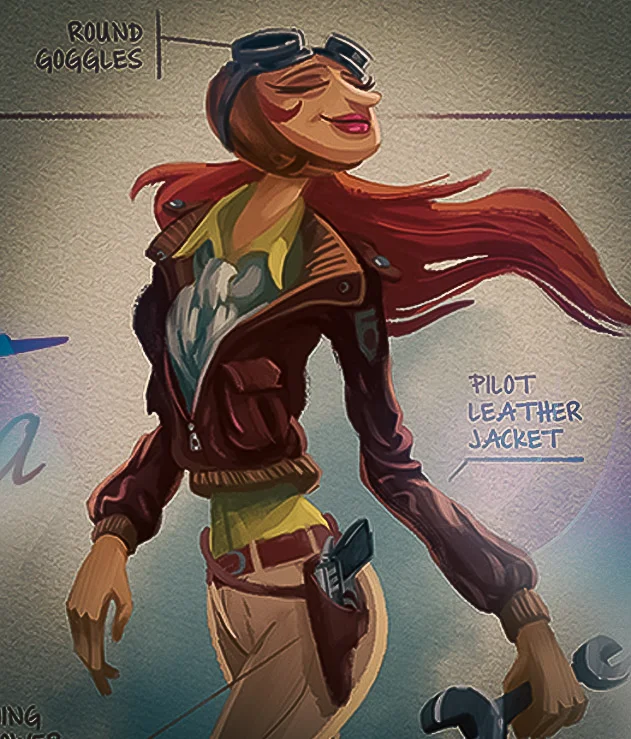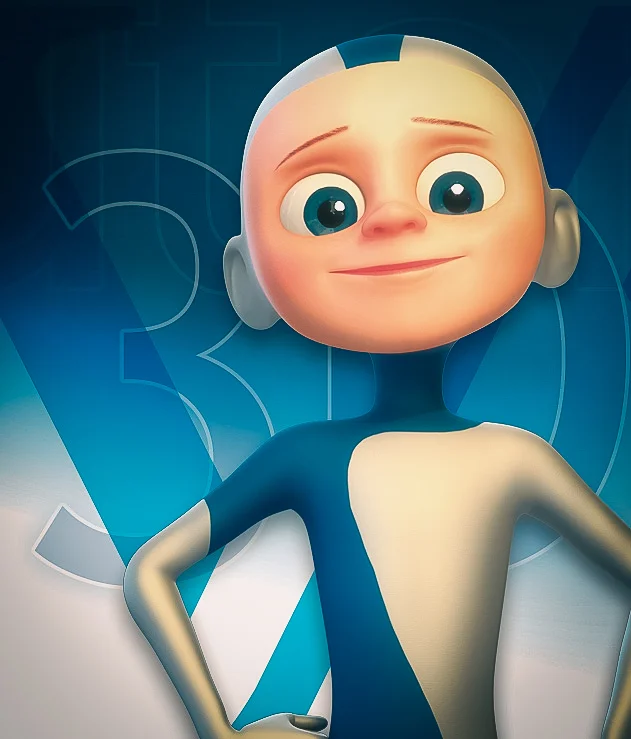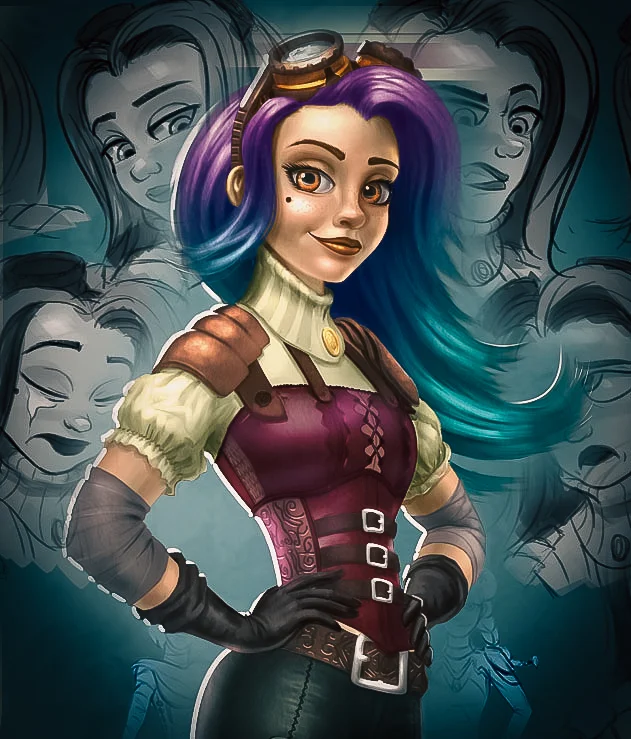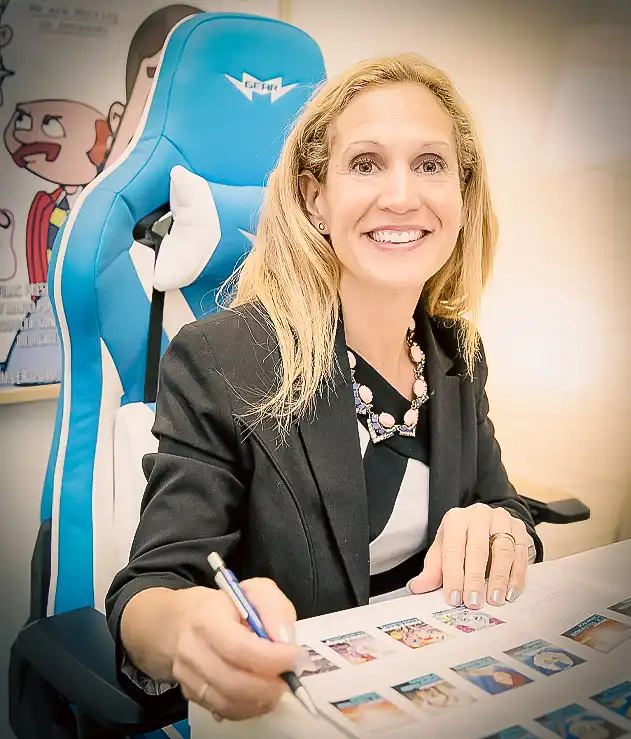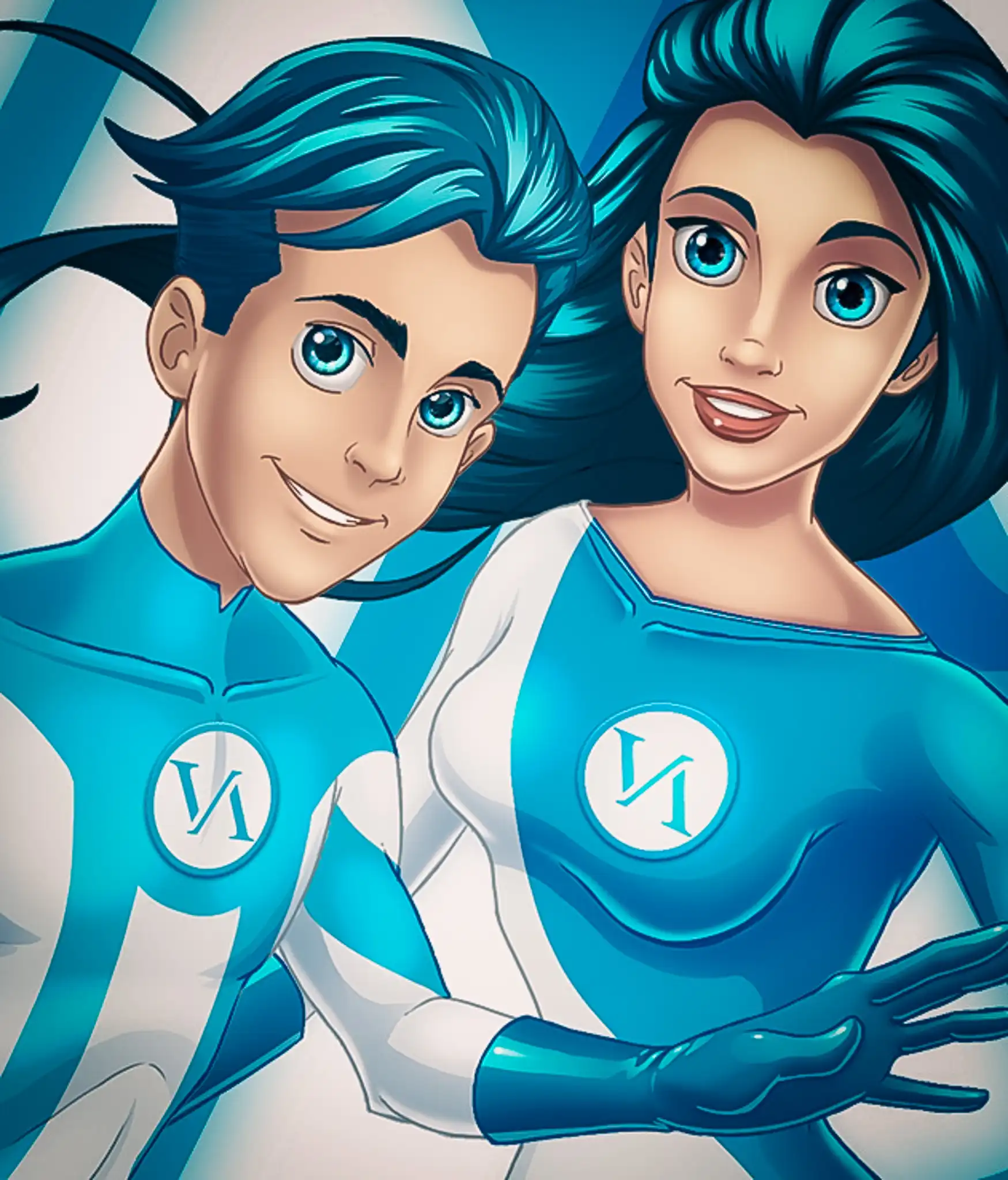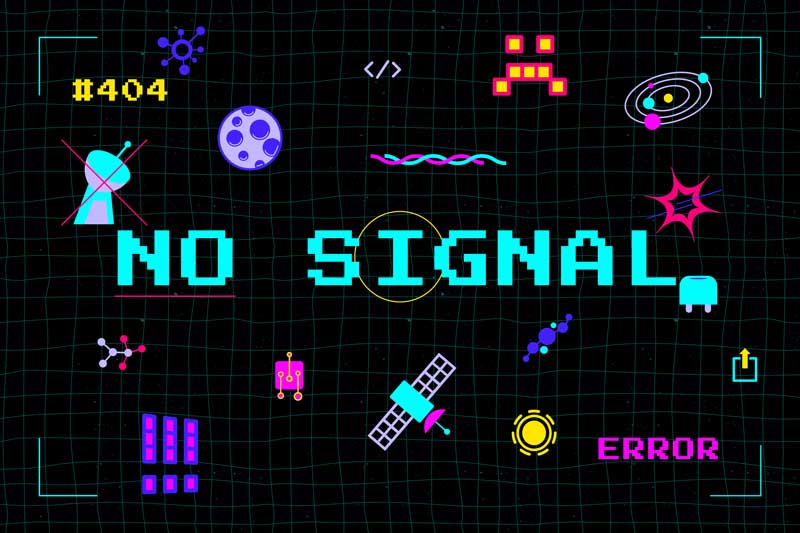 Image: Barsrsind (Motion Array)
Image: Barsrsind (Motion Array)
Author: VANAS
Key Topics Shaping the Future of Video Games
Table of Contents
- Video Game Violence and the First Amendment
- Artificial Intelligence and Gaming
- Consumer Protections in Video Games
- Antitrust and the Game Industry
- Labor and Workers' Rights in Gaming
- Right to Repair for Gaming Hardware
- Diversity, Equity, and Inclusion in Gaming
- Frequently Asked Questions
VANAS Online Animation School offers Animation, Visual Effects, and Video Game programs. To launch your career, visit VANAS.
Video Game Violence and the First Amendment
Video game violence is a topic that has sparked debate for years, especially concerning its impact on young people. Video games, like movies and books, fall under the protection of free speech in many countries, meaning developers can create content within broad guidelines. This includes mature-rated games with action themes, which are often popular and highly creative.
Studies have shown mixed results about the correlation between real-world violence and video game violence. However, many experts argue there isn’t clear evidence linking the two. For years, gaming communities, psychologists, and developers have emphasized that gaming can serve as a positive outlet for managing emotions and fostering social connections.
It’s essential for players to understand the Entertainment Software Rating Board (ESRB) rating system, which categorizes games by age-appropriateness. Parents can use these ratings to help decide what games are best for their kids, ensuring they have access to the fun, creative aspects of games without encountering content that’s too mature.
Artificial Intelligence and Gaming
Artificial Intelligence (AI) is becoming a significant part of game development, offering exciting opportunities and also raising new questions. AI can create interactive, responsive game worlds and help developers design games faster by handling repetitive tasks, freeing up human creativity for more complex aspects. However, some concerns come with this progress.
One worry is that AI might replace some roles within the gaming industry, which could lead to job losses. On the other hand, AI technology also allows developers to bring their ideas to life in ways that might have been impossible without it. As AI continues to evolve, the gaming industry may have to find a balance, using AI tools to improve the game experience without losing the unique contributions of human artists, writers, and programmers.
AI's influence isn't limited to development. It has also improved the player experience, making games smarter, more dynamic, and adaptable to player actions. For example, NPCs (non-player characters) can react in more lifelike ways or even adapt to the player’s strategies, making games feel more realistic and immersive.
VANAS Online Animation School offers Animation, Visual Effects, and Video Game programs. To launch your career, visit VANAS.
Consumer Protections in Video Games
In recent years, consumer protections in gaming have become a bigger topic. Game monetization practices, privacy policies, and digital ownership are all areas where players have concerns. For instance, some games use in-game purchases or “loot boxes” where players can buy random rewards. This has raised discussions about fair pricing and transparent marketing.
To help players make informed choices, some organizations advocate for clearer labeling and fairer practices in games, making it easier to know what they’re buying. Stronger consumer protections can lead to better transparency, ensuring players get value from their purchases.
Privacy is also a concern, especially since many games collect player data to improve game experience or offer targeted content. It's crucial for companies to protect player data and use it responsibly, reassuring players that their information is secure.
Antitrust and the Game Industry
Over the past few years, mergers and acquisitions in gaming have become more common. These large-scale buyouts have helped some companies expand their resources and develop new, exciting projects. However, this consolidation has also led to concerns about limited choices for players and fewer jobs within the industry.
The main concern with mergers is the potential for monopolies, where one company dominates the market and can set prices or make decisions that affect players without enough competition. Competition keeps the market healthy, fostering creativity and ensuring players have various games and platforms to choose from.
With balanced industry practices, mergers can benefit players by providing access to new, high-quality games. However, ongoing discussions suggest a need to maintain fair competition, encouraging diversity in the types of games available and supporting smaller studios that bring fresh ideas to gaming.
Labor and Workers' Rights in Gaming
Working conditions in the gaming industry have recently gained more attention, as workers advocate for fair treatment and sustainable work hours. The gaming industry is known for its long hours, especially during “crunch time” when a game is close to release. Some developers have experienced burnout due to these demanding schedules.
There are movements within the industry to protect workers' rights, aiming to create healthier work environments where game developers can thrive. By recognizing the value of the individuals behind each game, companies can ensure their teams feel supported and motivated. It’s all about creating a balance where developers are inspired and engaged, leading to better games for players.
Right to Repair for Gaming Hardware
Have you ever had a controller or console stop working and wanted to fix it yourself? The “right to repair” movement supports the idea that consumers should be able to repair their devices or take them to independent shops without voiding warranties. In gaming, this means players could have more control over fixing their consoles, controllers, or computers.
Right-to-repair advocates believe that providing access to parts and instructions empowers players, helping them save money and reduce electronic waste. It’s a win-win situation: gamers can extend the life of their hardware, and the environment benefits from less waste. For now, this is a work in progress, but it shows promise as players voice their desire for more repair options.
Diversity, Equity, and Inclusion in Gaming
Gaming has become a global phenomenon, reaching people of all ages and backgrounds. Diversity, equity, and inclusion (DEI) efforts ensure that everyone feels represented, welcomed, and supported within gaming communities and the games themselves. This has led to a more inclusive environment where everyone’s voice is valued.
By celebrating diverse perspectives, gaming companies can create characters, stories, and worlds that reflect the experiences of a wide range of players. This fosters a sense of community and belonging, making games more engaging for everyone. When players see themselves represented, it can lead to a more meaningful connection to the games they love.
VANAS Online Animation School offers Animation, Visual Effects, and Video Game programs. To launch your career, visit VANAS.
Frequently Asked Questions
What is the main concern about video game violence?
- There is an ongoing discussion about whether violent video games impact real-world behavior. However, most studies have not found a strong link between video games and violence, and the ESRB provides ratings to help guide game content.
How does AI impact the gaming industry?
- AI helps with game design, making development more efficient, but there are concerns about potential job losses. AI also improves player experiences, making games more responsive and realistic.
Why is consumer protection important in video games?
- Consumer protection ensures fair pricing, data privacy, and transparent marketing in games. This gives players confidence that they’re getting value and that their information is secure.
How do mergers impact the gaming industry?
- Mergers allow companies to share resources and innovate, but there are concerns about reduced competition, which could limit player choice and variety in games.
What is “crunch time” in game development?
- “Crunch time” refers to intense work periods when developers put in long hours to meet project deadlines. This has raised discussions about work-life balance and the importance of fair working conditions in the industry.
Why is the right to repair important for gamers?
- The right to repair gives players more control over fixing their consoles and devices, helping them save money and reduce waste. Advocates are pushing for more repair options in gaming.
What are DEI efforts in gaming?
- DEI efforts in gaming promote diversity, equity, and inclusion by creating games and communities that welcome players of all backgrounds, fostering a sense of belonging for everyone.

